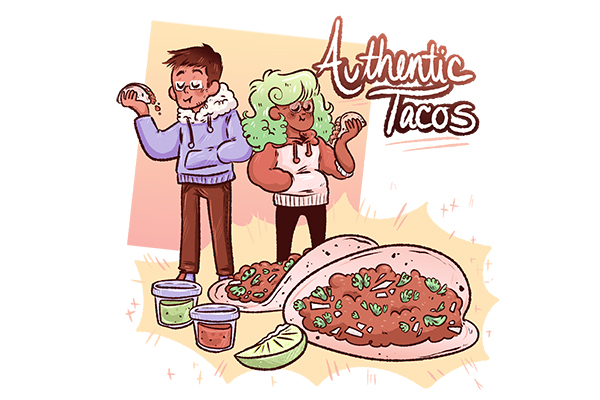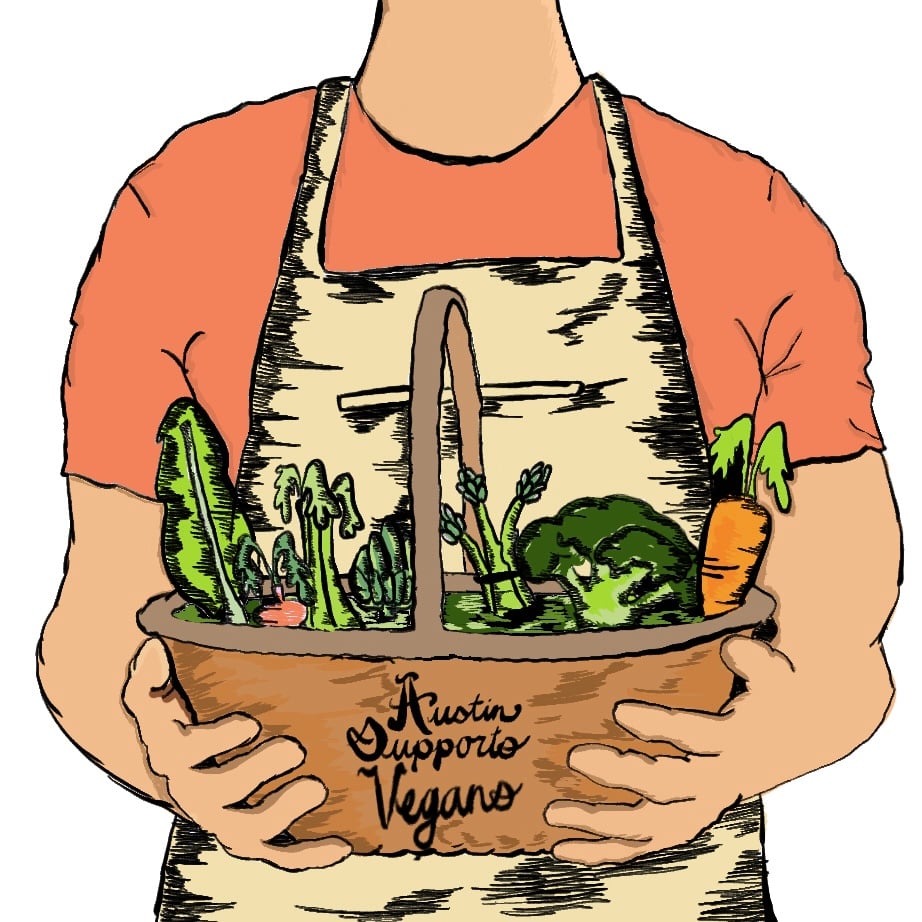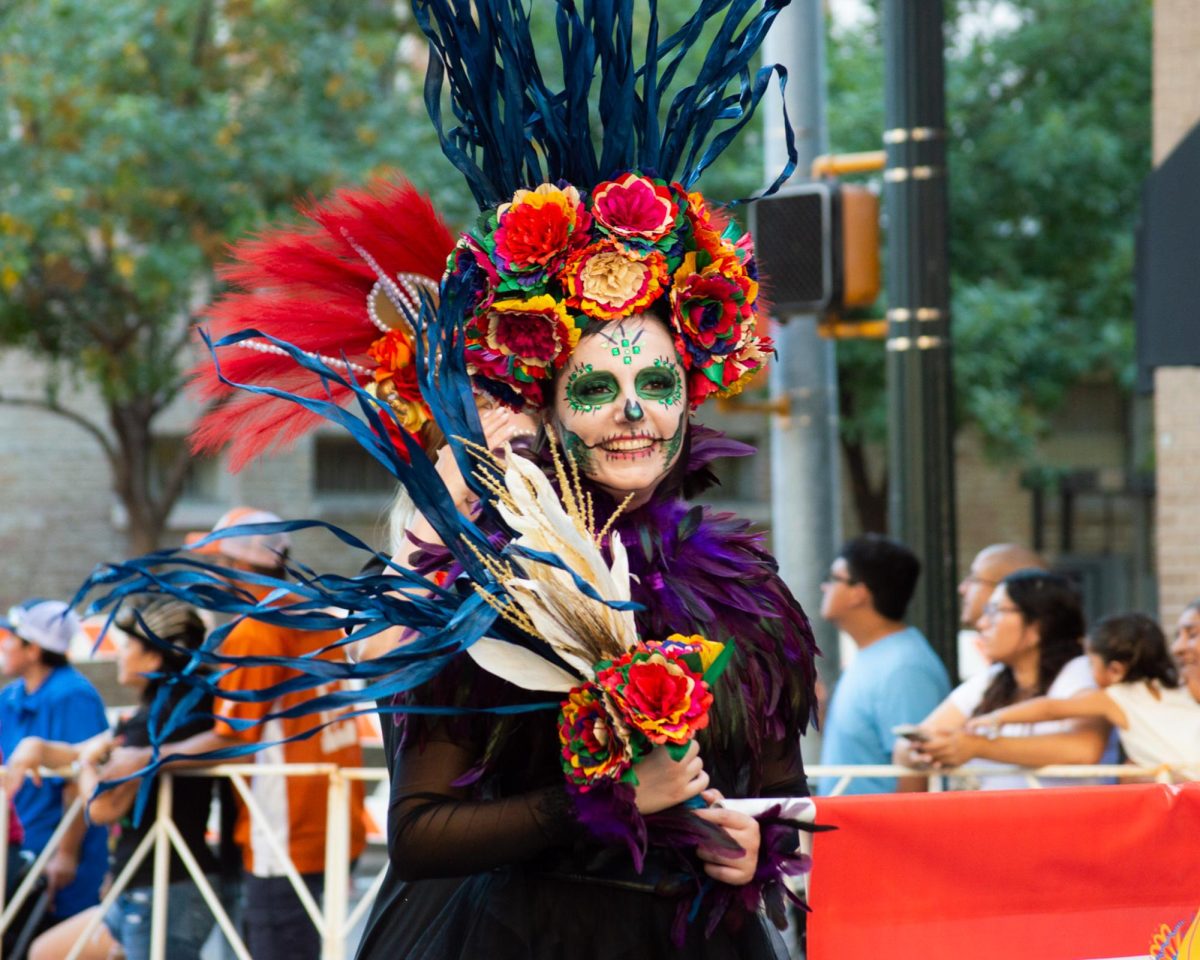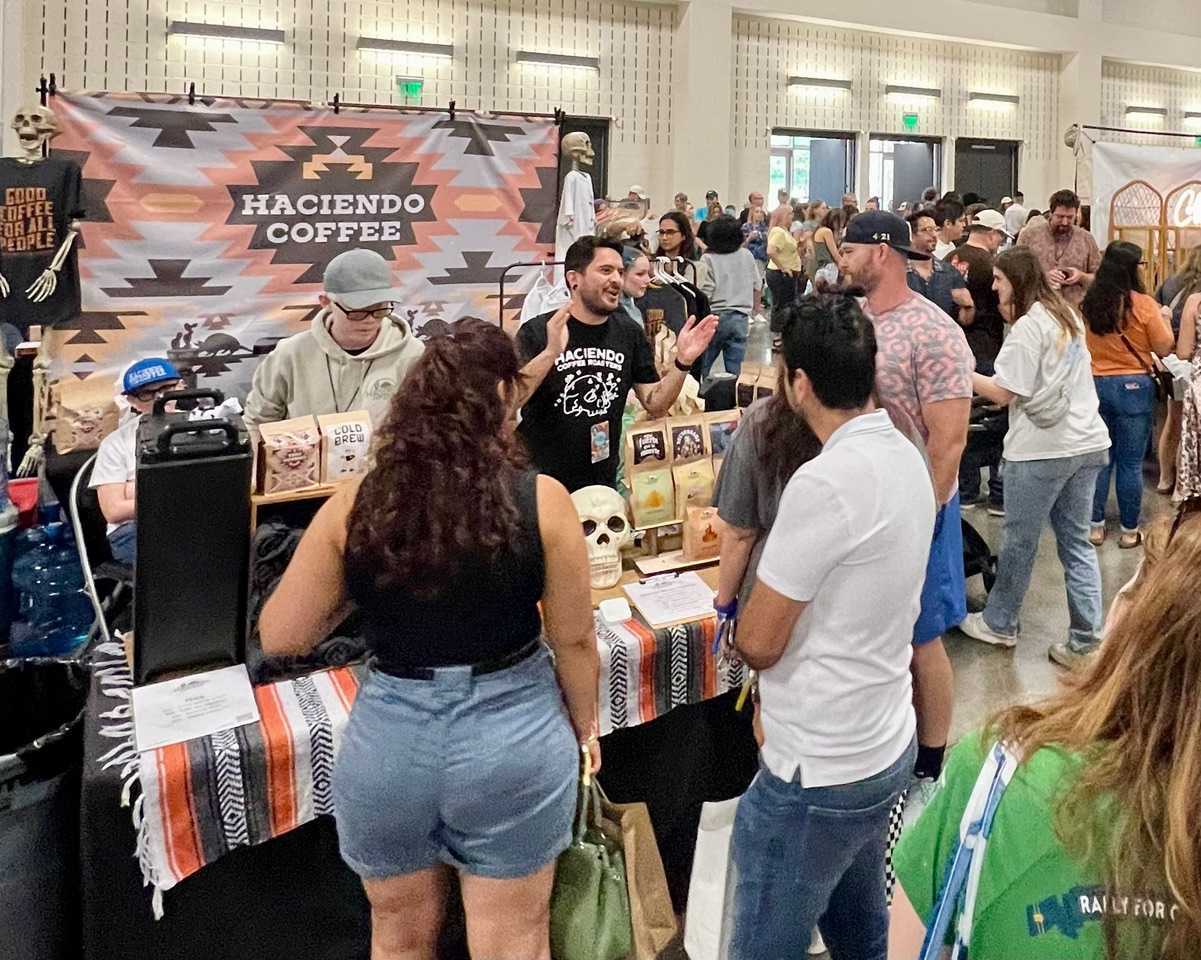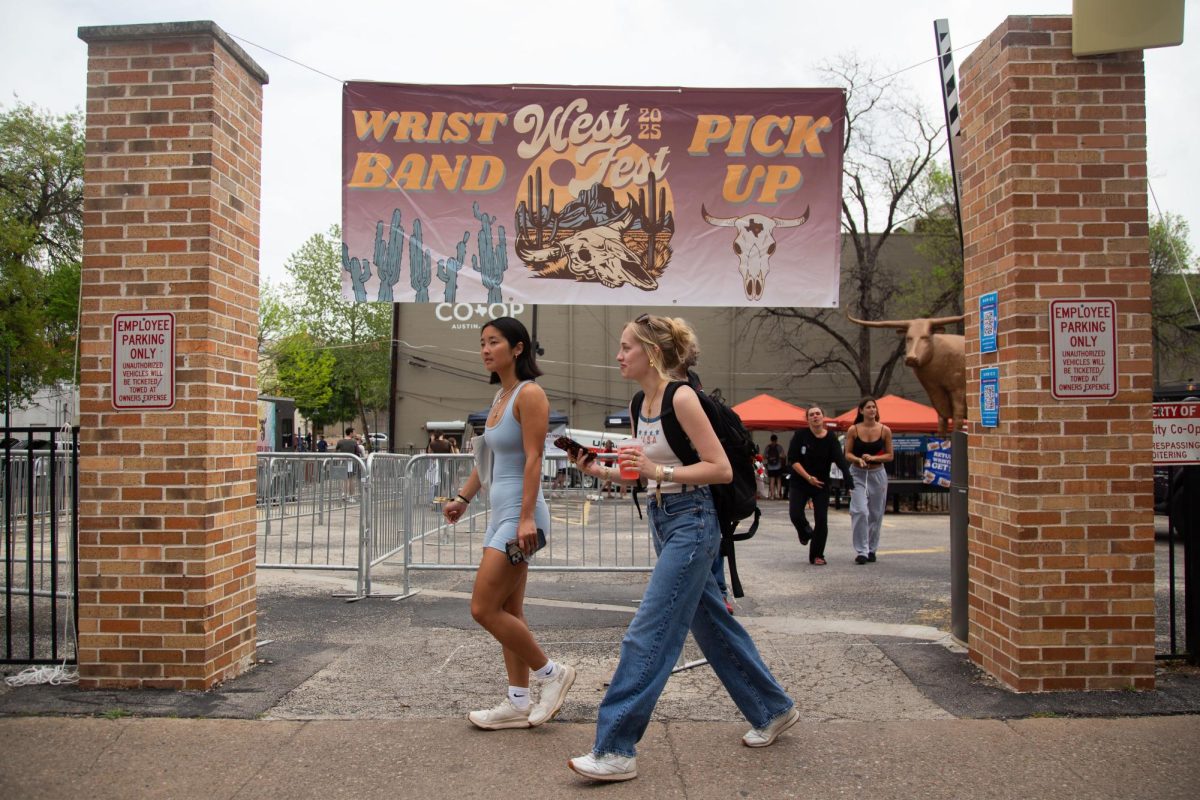Images of tacos, tamales and chiles rellenos float across Ramiro De Los Santos’ mind, as he daydreams about the food he’ll eat when he returns home to Laredo.
After spending almost an entire semester at UT, De Los Santos, a journalism and European studies freshman, said he has yet to find tacos that measure up to his experiences back home.
The cultural significance tacos and Hispanic food have for members of the Latinx community means that claims of “authenticity” made by popular Tex-Mex restaurants are oftentimes met with uproar.
“If a food is coming from one specific culture, people of that culture will get angry when that food is misrepresented and not actually authentic,” De Los Santos said.
While De Los Santos said he has not been able to fully explore the Austin food scene due to transportation limits and his short time on campus, he is skeptical he would be able to find truly authentic tacos in the city.
De Los Santos said the border city of Laredo has a high percentage of Latinx citizens and plenty of authentic restaurants. He said his hometown is where he is more likely to experience Latinx culture and food.
“Coming from a border city, that’s as authentic as it’s gonna get without actually going into Mexico,” De Los Santos said.
Romelia Acosta, corporate communications sophomore, is from the border city of El Paso and said when she first got to UT, she was nervous to try the Mexican food.
“I always had very authentic options, and I had the option to go to Mexico to eat,” Acosta said. “I don’t like Tex-Mex at all, so I don’t choose to eat here at all, and I am pretty picky about my Mexican food.”
Acosta said she has found family-owned restaurants and taco trucks are more likely to satisfy her cravings. Places such as Riverside and South and East Austin oftentimes have the food she is looking for.
Riverside’s population is more than 50% Hispanic. Because of this demographic, more restaurants and food trucks in the area are run by Hispanic people, which ultimately increases the level of authenticity of the food.
“We should support local restaurants that are actually authentic and owned by Mexican people,” Acosta said. “We should really focus on giving them our money and helping them grow.”
Journalism senior Lacey Segars said she is often frustrated with the larger chains in Central Austin and their unbacked claims of authenticity. She said the high prices at some chain locations also discourage her from eating there.
“You can go to one of the main parts of Austin and spend $5 on a small taco made by a white person,” Segars said. “Anyone who’s Hispanic should be mad about that.”
Segars also said in her experience, the smaller, Latinx-owned locations are often underappreciated and forgotten about in comparison to the larger chains. She said people should give their money to Latinx-owned businesses in order to help them grow.
“There’s a lot of culture in Austin — in the hidden parts of Austin and in the forgotten parts,” Segars said. ”It’s sad, and it’s a disservice to those people that places like Torchy’s or Taco Ranch even exist or get the business that they do.”

